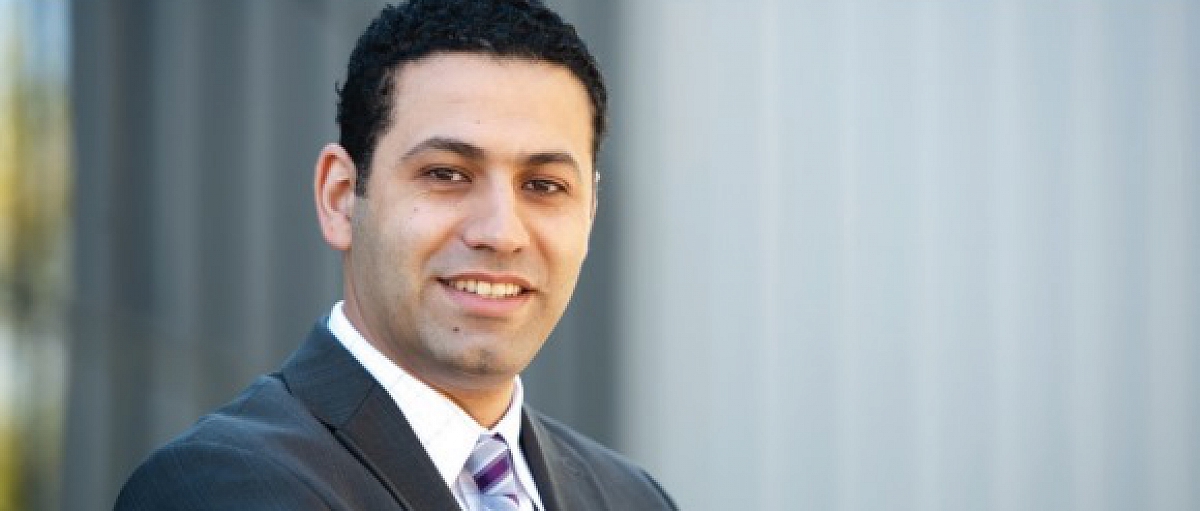“I could have probably gone through 20 years of heartache in real-life jobs before learning what I did in the two years of the program.”
The 34-year-old founder and CEO of Valydate Inc. has ridden the ups and downs of the National Capital Region’s high tech sector since the heady days of the telecom boom and reinvented himself along the way.
He graduated with a Bachelor in Computer Systems from Carleton University in 2002 and worked in an engineering role with Nortel Networks. When the market tanked, he joined a new design analysis startup called CoreSim as a technical co-founder, where he found a valued life-long mentor in CEO Ken Bradley.
When that venture was sold to Celestica a few years later, Alam looked for a fresh opportunity with a company that was smaller and more entrepreneurial and made his way to electronic product development firm Fidus Systems.
While his Fidus experience allowed him “to grow tremendously” and work in international sales and business development, he hungered for more – a practical business education that would compliment his real-world experience.
A business education with real-world grit
He first checked out a number of MBA programs, but found that most attracted undergrads and their curriculums focused heavily on classroom delivery. What he needed was a program for experienced business professionals with the same career aspirations that would give him the management skills to do what he had always dreamed of – founding his own company as the CEO in the driver’s seat.
He ultimately chose the Executive MBA program offered by the Telfer School of Management at the University of Ottawa. Here he found a program with the right mix of experienced faculty members, a cohort of business professionals he could relate to, and a curriculum that focused on working in teams and managing the group dynamics inherent to the success of any business.
“About 50 per cent of the projects I completed for the Executive MBA were related to my daily work at Fidus,” he said.”I drastically grew as a person. The faculty takes you through the process to understand and know what you don’t know. And as Executive MBA candidates working in teams, we struggled the way we should have struggled, we fought and then we learned to work together.”
He also learned about the value of building relationships based on trust, openness and honesty, and in having a network of experienced mentors and advisors. The program equipped him with the tools he needed to launch Valydate, an electronic review and validation firm. In 2009, he was recognized for his achievements with a Forty Under 40 award from the Ottawa Business Journal. Last year, he was recognized by Invest Ottawa as one of its Rising Star CEOs.
3 successful years and counting
Now entering its fourth year, Valydate has been profitable since inception and has doubled its clients, staff and revenue in every year. It works with global multinationals in the telecom, defence and aerospace, photonics, industrial and medical sectors. Each step in its development has been a carefully calculated risk for Alam, who is not a fan of the all-or-nothing school of entrepreneurship where founders leverage their personal assets for startup capital and risk losing everything.
“Never cross that boundary where your job and the risks that you take in that job can result in somebody coming and taking away your furniture,” he tells the current class of Executive MBA candidates in the Telfer program. “Look for safer diving boards versus jumping in without knowing all of the risks.”
And he always emphasizes having that sounding board of trusted mentors with the experience and perspective you can rely on.
“No matter how well you think you know an industry, you don’t know everything,” he said




